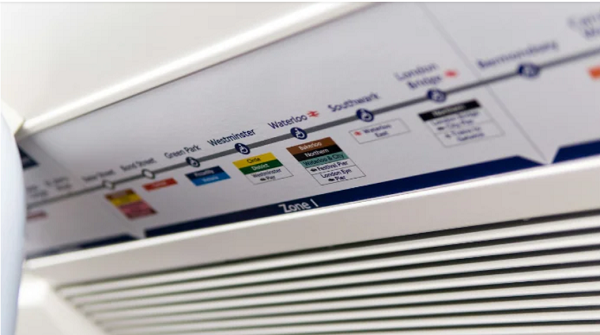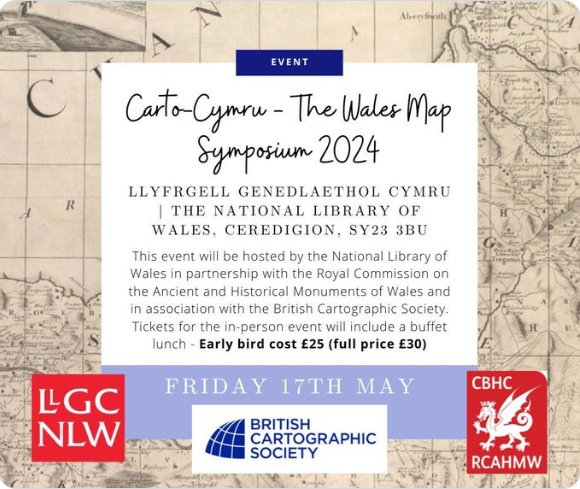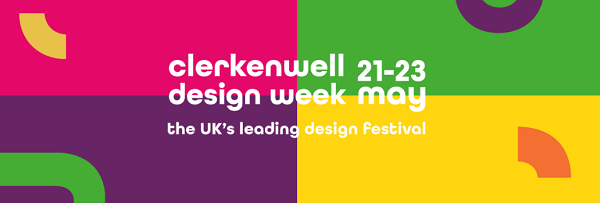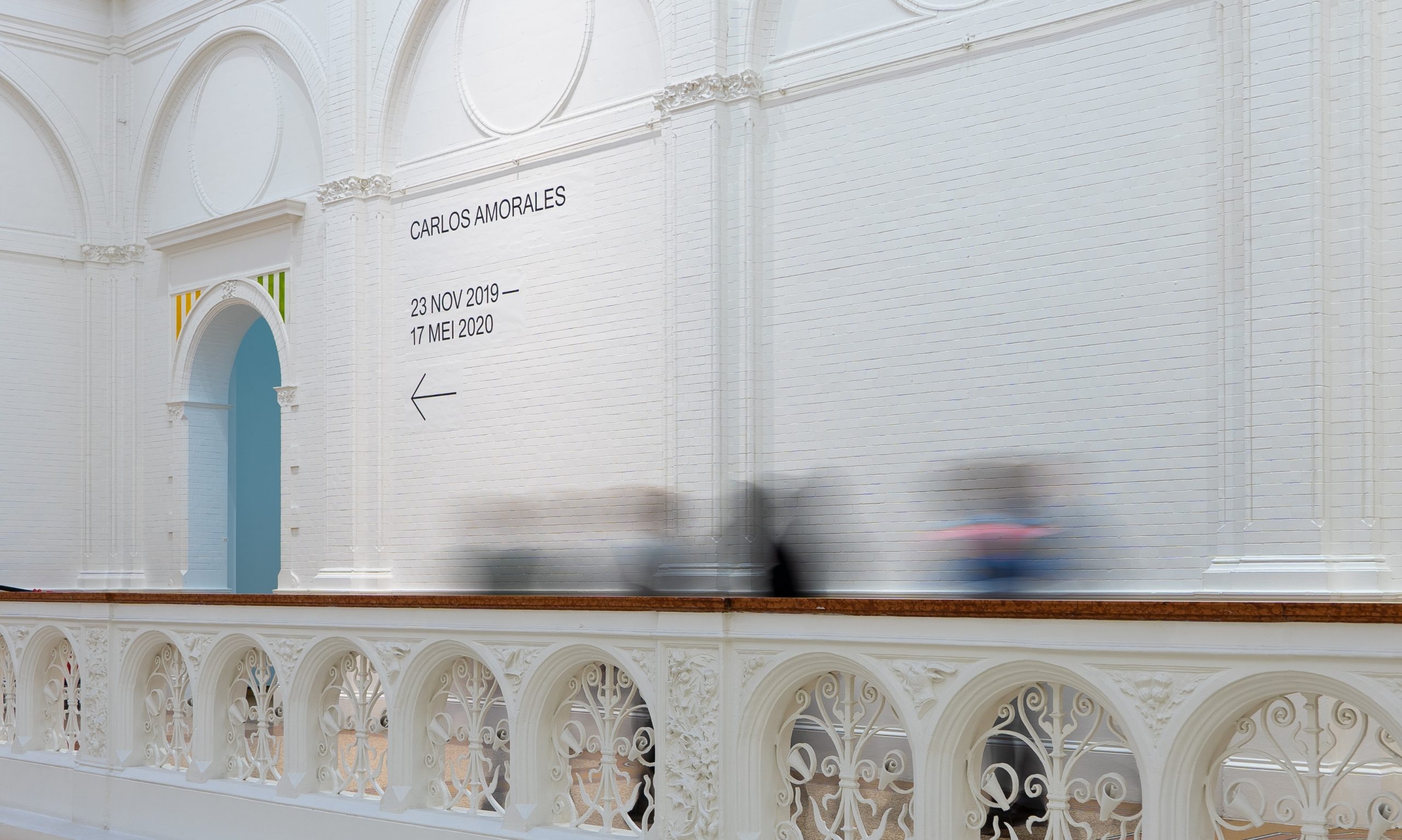
Welcome to the Sign Design Society
The Sign Design Society (SDS) is for anyone interested in information and graphic communication within buildings and public spaces, including:
- Wayfinding
- Interpretative graphics
- Brand and experiential/environmental graphics
- Statutory and health & safety signs
As well as raising the profile of our disciplines, we offer members a programme of events, resources and initiatives to help them:
- Keep up to date and improve their practice
- Find potential consultants, collaborators & employees
- Promote their work and capabilities
To join choose a membership plan that suits you and sign up!
Our events
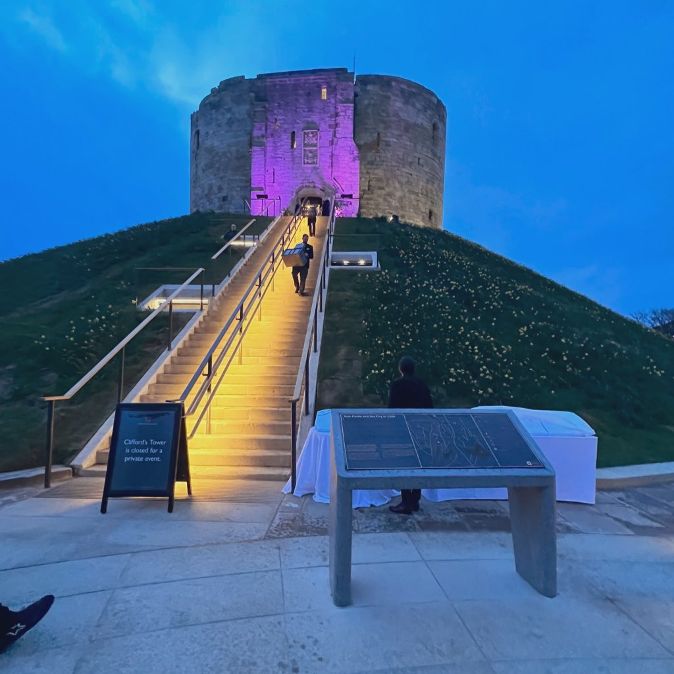
This talk, by Alastair Somerville of Acuity Design, uses examples from projects for Imperial War Museum, English Heritage, National Trust, and Transport for Manchester to show how a sequence of wayfinding materials that pay attention to the active interaction of an individual’s capacities in relation to the organisation’s capabilities can help people to find their […]
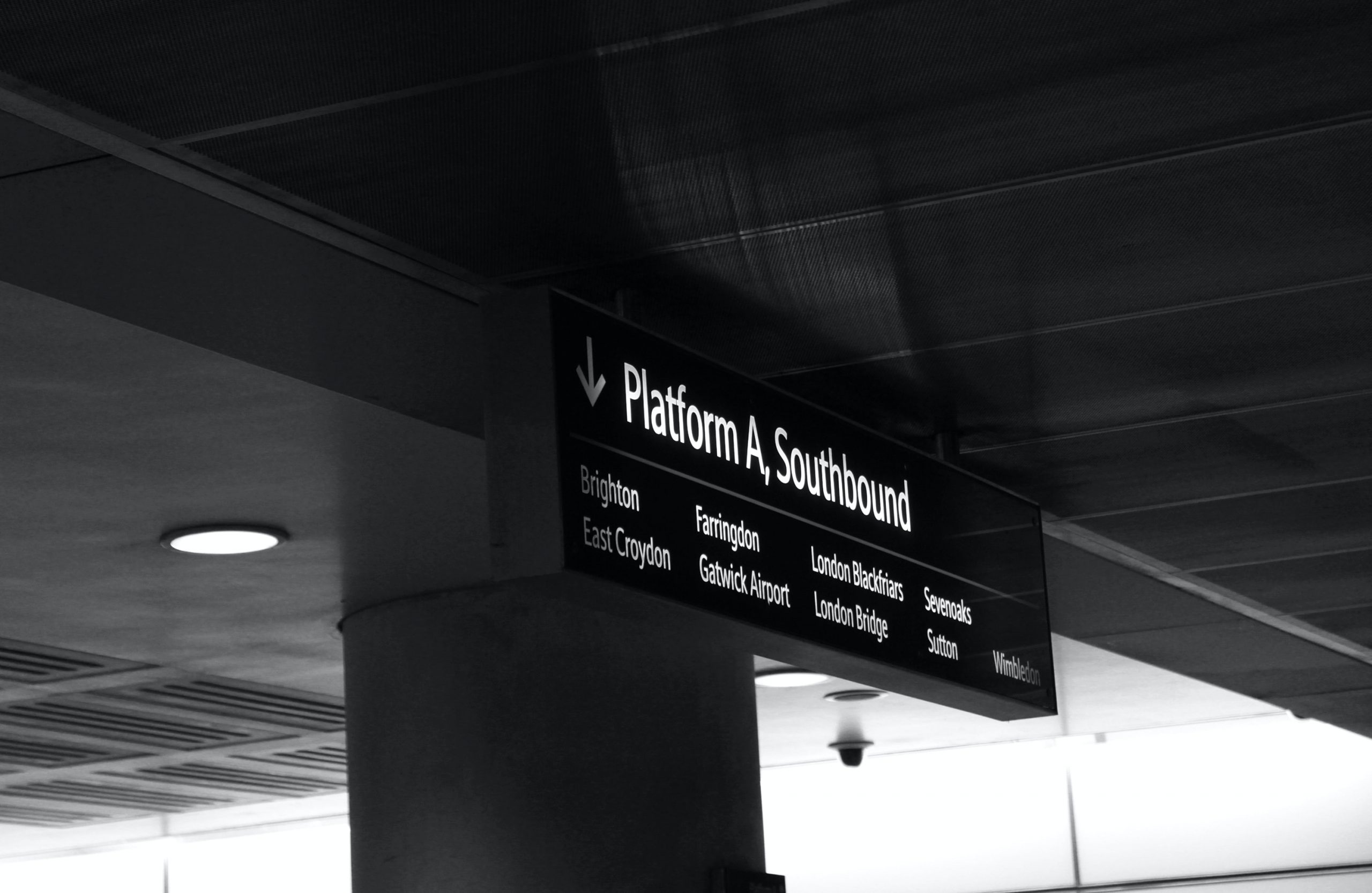
Interested in a membership?
News
Third party events
The main theme of the conference is Resilient Navigation. While the 20th Century was focussed on the provision of ubiquitous and accurate Positioning, Navigation and Timing (PNT), the 21st Century’s focus has shifted to ensuring that PNT services may be trusted and are reliable and resilient. As we move to more and more systems that are either fully automated, or are automated to the point of human complacency, there is now wide recognition of the need for PNT systems that will operate in unprecedented threat-challenged environments (both civil and military); continuously provide usability and integrity status; fail very rarely; and when they do fail, do so safely, securely and elegantly.
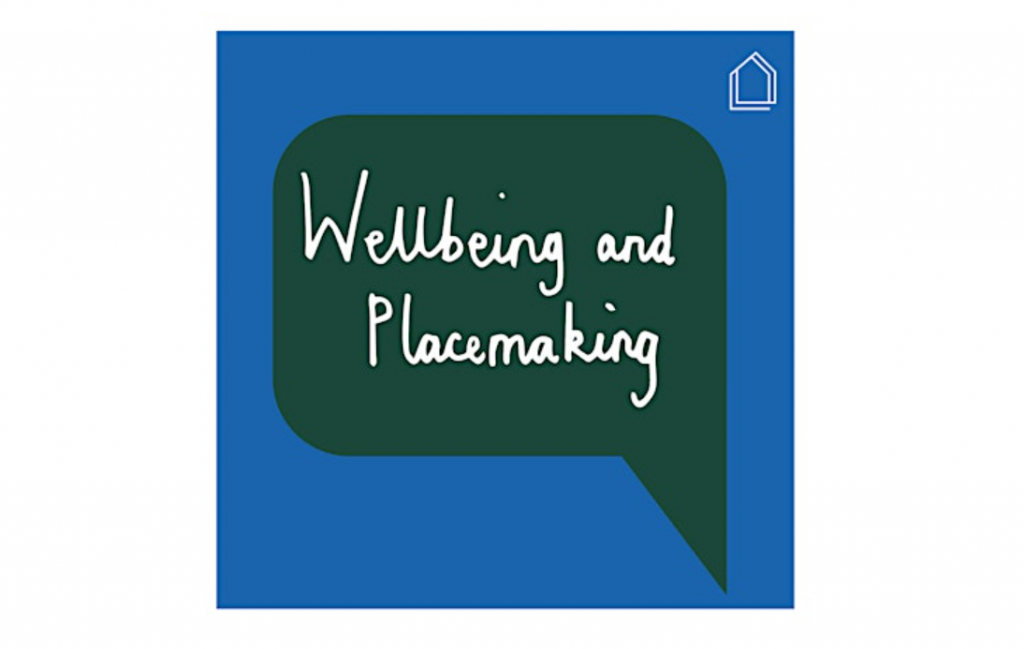
What impact does wellbeing have on citizens’ ability to support placemaking initiatives and to participate as members of society more generally? Wellbeing can be typically defined as the state of feeling healthy and happy, so how can the journey of placemaking be a way to further support the wellbeing of citizens? And how can wellbeing be a more integral part of placemaking? This Chat will explore designing for wellbeing and how placemaking can support the wellbeing of all earthly inhabitants.
This conference (in English) brings together graphic design and typography enthusiasts. We seek to explain how typography has a visible impact on the world around us. Come to Paris to listen a mix of inspiring speakers evoking topics as broad as graphic design, web design, motion design, publishing, visual identity, communication and type design.
Presented by the Project for Public Spaces and co-hosted by the Neighbourhood DesignCentre. #PlacemakingWeek attendees will be able to join breakout sessions on everything from activating vacant lots to unlocking the potential in play spaces… & much more! More information coming shortly.
Project for Public Spaces’ International Placemaking Week seeks to bring together practitioners, policymakers, and public space advocates from around the world to share the projects and innovations that are making placemaking one of the most critical movements of the 21st century. We want to hear about your experience, stories, tools, and lessons to understand how placemaking can help address local and global challenges!
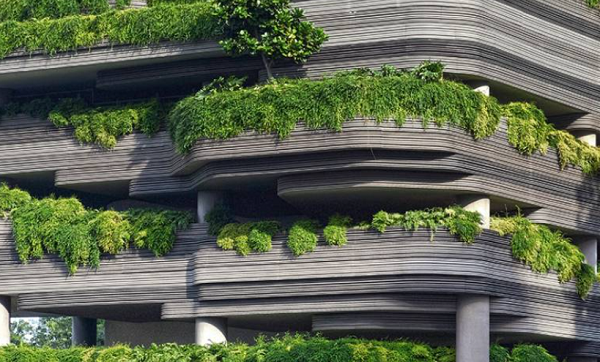
Join us for the inaugural lectures of UCL Institute for Environmental Design and Engineering (IEDE) Professor Anna Mavrogianni and Professor Nici Zimmermann. Anna Mavrogianni is Professor of Sustainable, Healthy and Equitable Built Environment at UCL Institute for Environmental Design and Engineering. There she leads the Research Theme on Temperature, Moisture and Air Quality. With a background […]
The purpose of the Workshop is to look at model organisms as diverse as possible with the aim of unveiling a more comprehensive meaning of the concept of «cognition». Our motivation for this workshop stems from the need to examine cognitive evidence devoid of anthropocentric biases. We aim to focus on compelling evidence of intelligent behaviour in various organisms, ranging from insects to single-cell organisms, and extending to the potential for plant intelligence and cognition. Convincing evidence of intelligent behaviour is attested in a variety of organisms, from the pin-brained organisms provided by invertebrates such as insects to single celled organisms such as ciliate or protists up to the possibility of plant intelligence and cognition. Another focal point of the workshop is the role of synaptic plasticity in learning and memory, which is currently a prominent topic in neuroscience. We will revisit past studies on Pavlovian conditioning in organisms like Paramecium aurelia and planarians, reevaluating the association between nuclear mechanisms and long-term memory storage, which has implications for cognition in single-cell organisms. Studies of minimal cognition in brain and brainless organisms should be complemented by the study of the plasticity of dynamic morphogenesis of biological forms as revealed by regenerative biology and controlled chimerism. The development of synthetic living machines with behavioural capacity, offers new avenues for understanding the origins of cognition in all of possible forms of material implementations.
